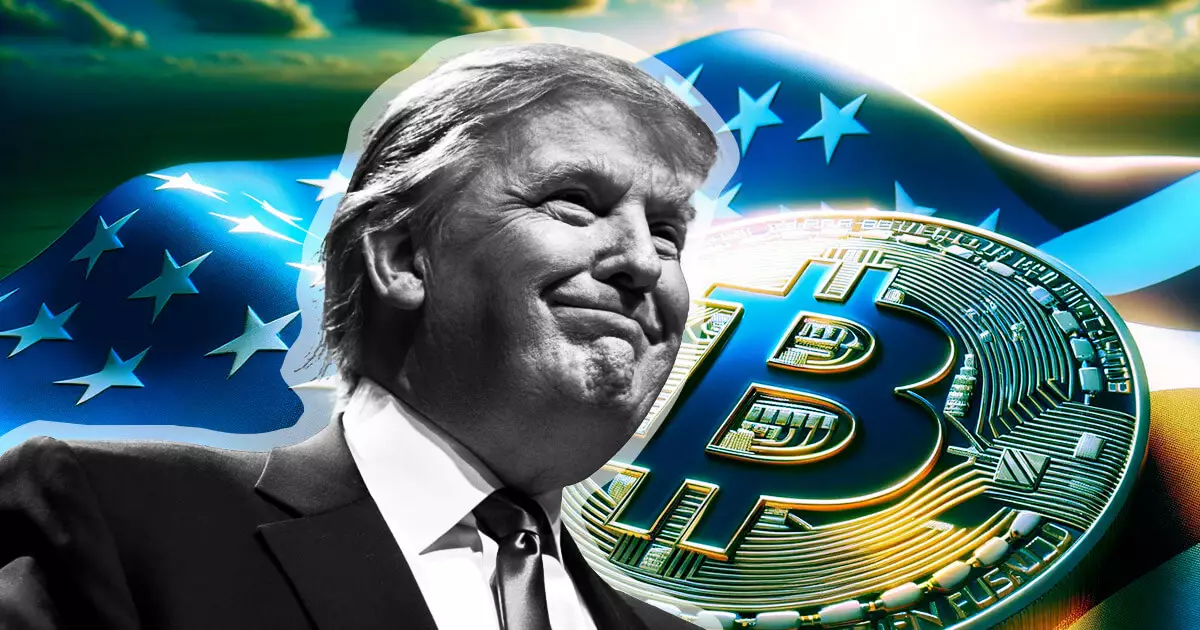President Donald J. Trump has recently made bold promises to make the US a Bitcoin “superpower” and to ensure that the country maintains its lead over competitors like China. In a recent statement, Trump declared that if elected, he would prevent the US government from selling the roughly 200,000 Bitcoin it currently holds, which represents about 1% of the total Bitcoin supply. He criticized the government’s past actions of selling Bitcoin, stating that it goes against the cardinal rule of never selling Bitcoin.
Plan of Action
Apart from vowing to hold onto the US government’s Bitcoin stash, Trump also pledged to make significant changes within regulatory bodies. He promised to fire SEC chair Gary Gensler on day one and appoint a new head who is more supportive of innovation and progress in the crypto industry. Trump alleged that Vice President Kamala Harris plans to make Gensler the Treasury Secretary if elected and accused the Biden-Harris administration of waging a war on crypto.
Trump emphasized the importance of crypto in geopolitics and promised to make the US a leader in crypto adoption. He warned that failing to adopt crypto and Bitcoin could result in other countries taking the lead. Trump also outlined plans to make the US a Bitcoin mining powerhouse by ensuring access to cheap electricity and shifting energy generation back to fossil fuels and nuclear power.
Bitcoin as an Asset
In addition to his plans for the crypto industry, Trump also praised Bitcoin as an asset class. He highlighted Bitcoin’s rapid rise to becoming the ninth-largest asset by market capitalization in the world in less than two decades. Trump even suggested that Bitcoin could one day surpass gold in value, stating that “you’ve never seen anything like it.”
While Trump’s promises may sound ambitious and appealing to crypto enthusiasts, it remains to be seen whether he can truly make the US a Bitcoin “superpower.” The crypto industry is complex and constantly evolving, with challenges related to regulation, adoption, and technological advancements. As such, Trump’s plans may face significant hurdles in implementation, and only time will tell if his vision for the future of Bitcoin in the US can become a reality.

